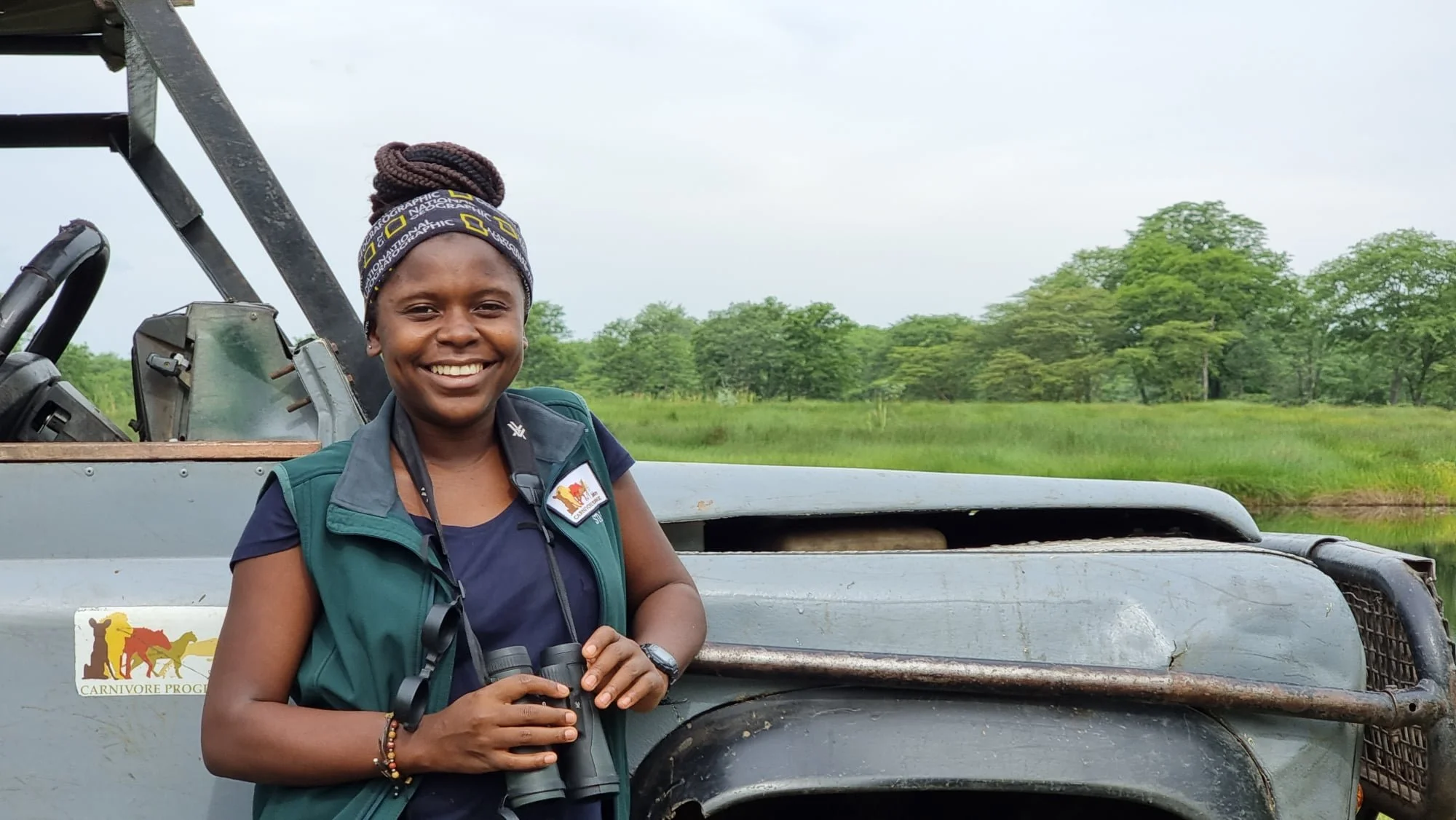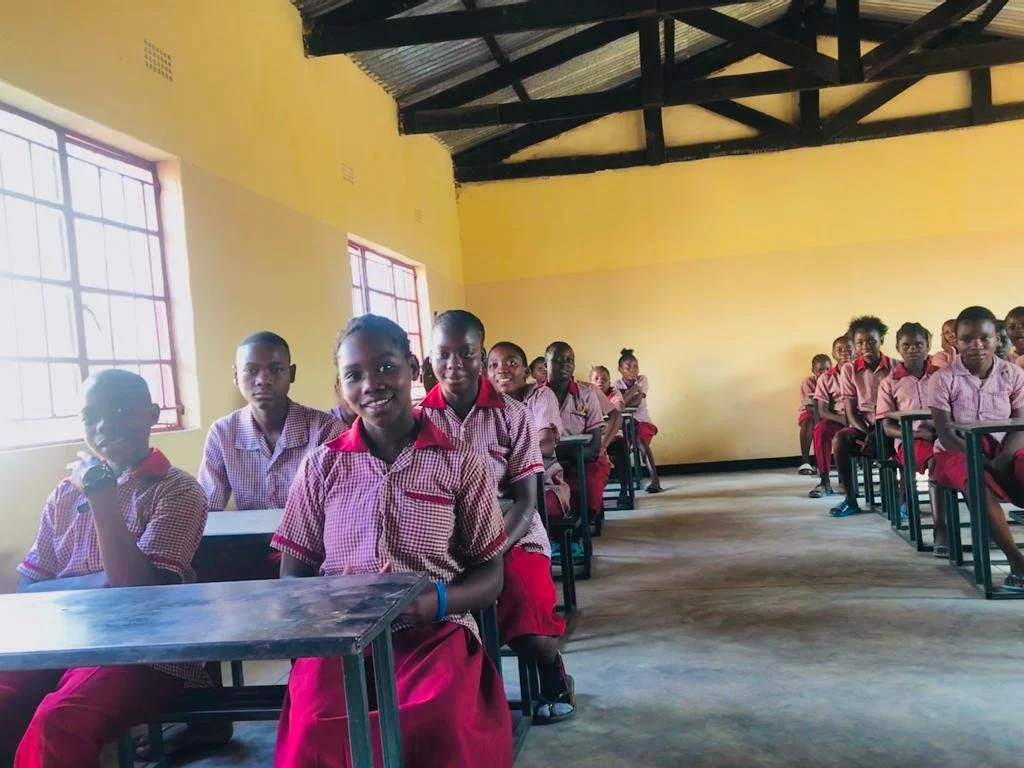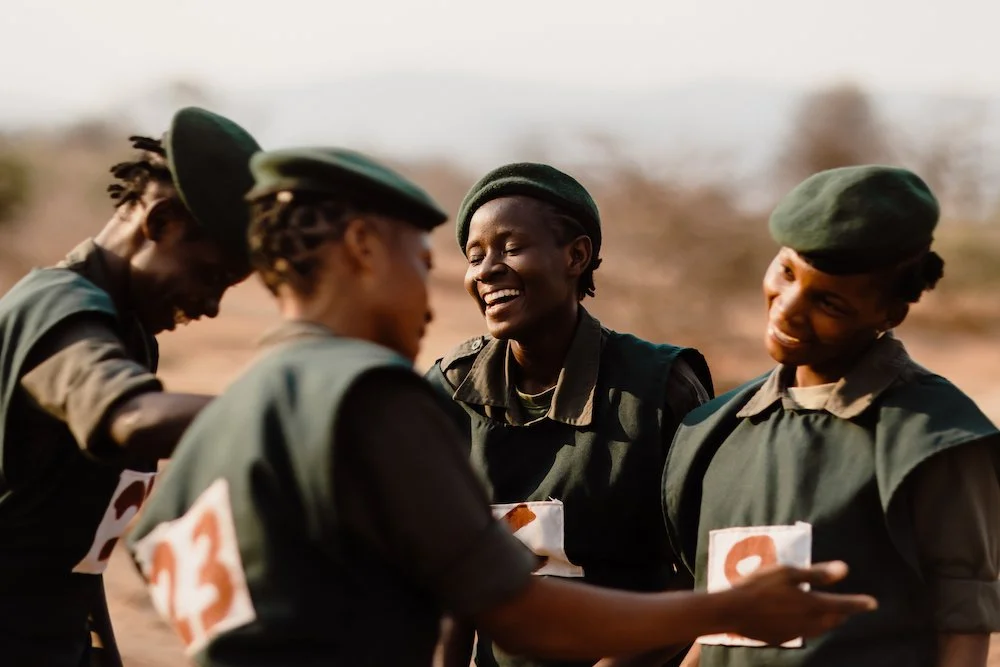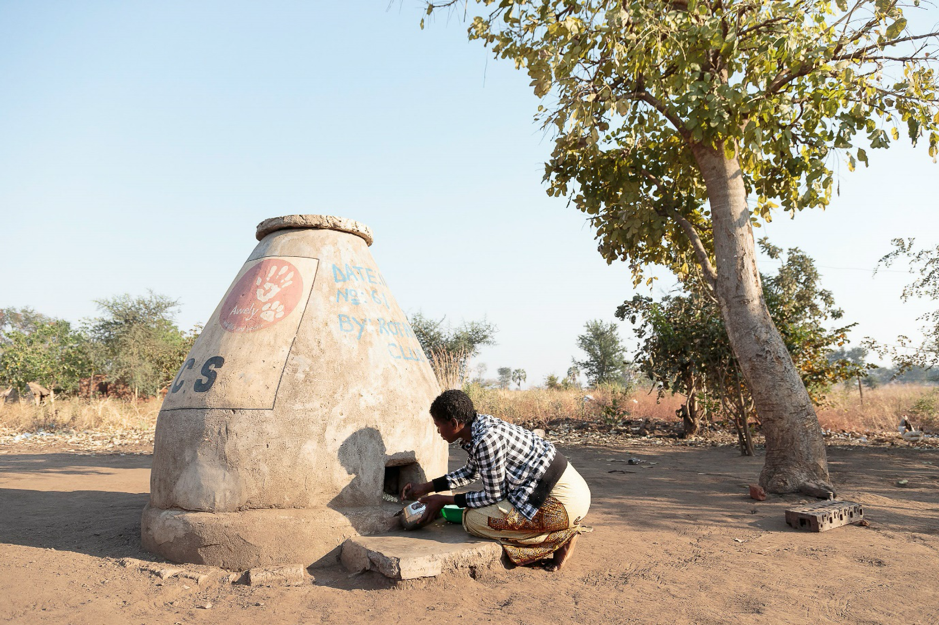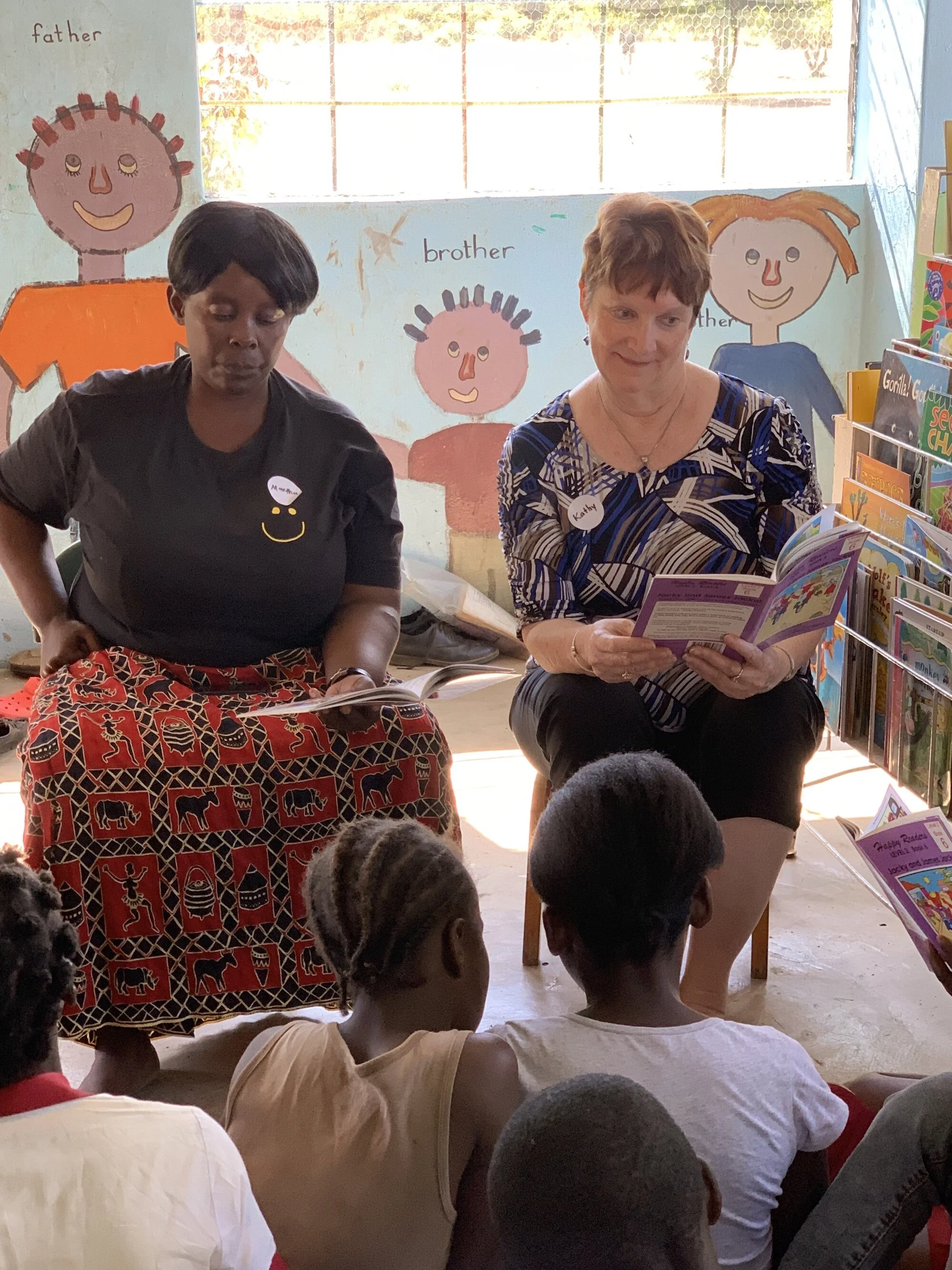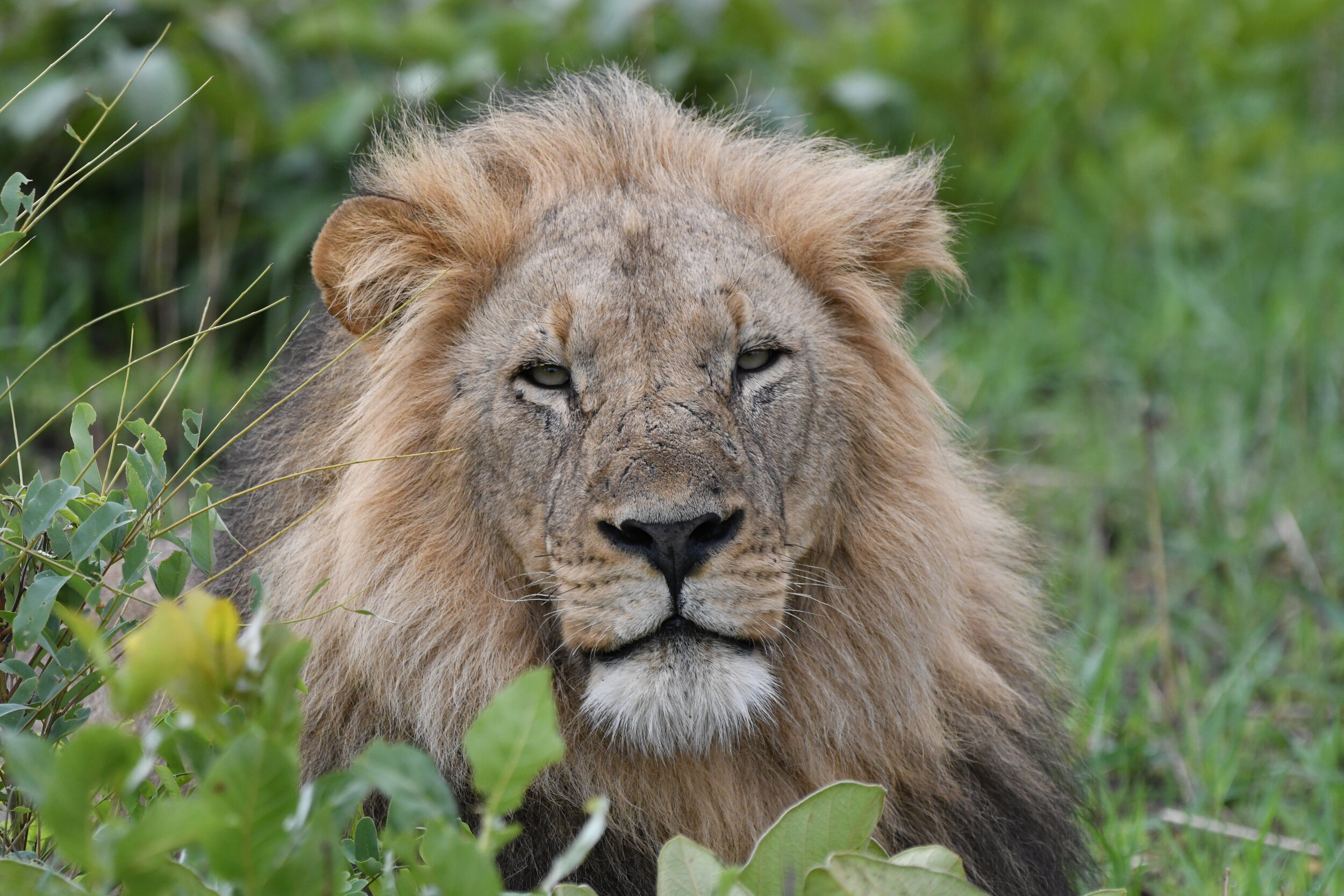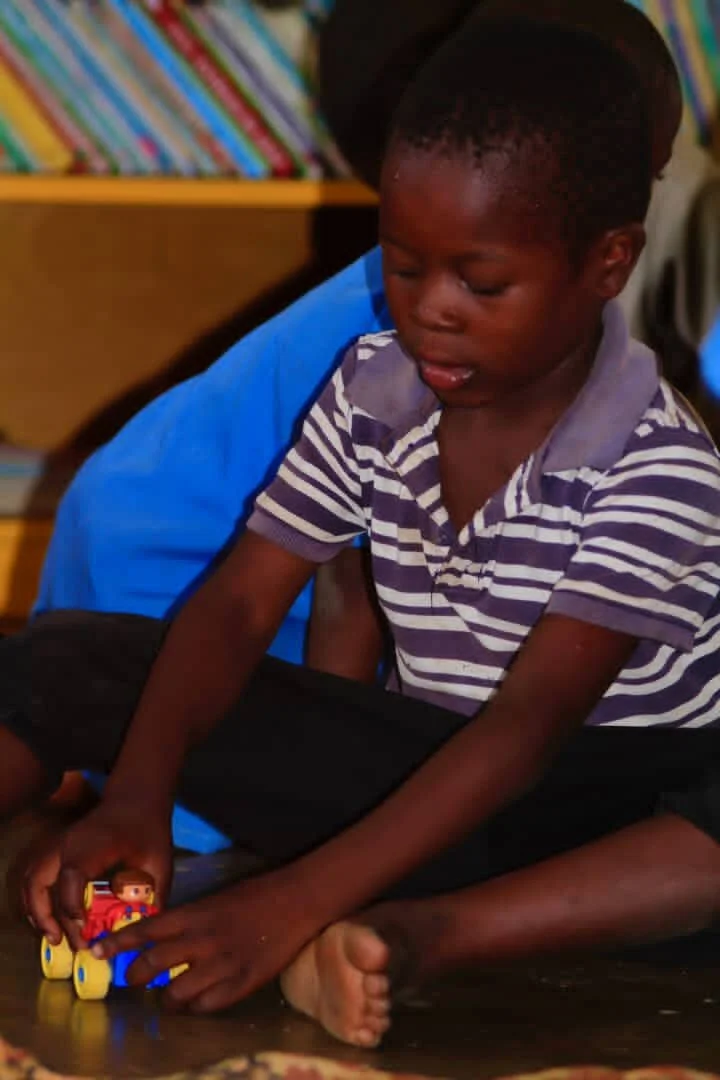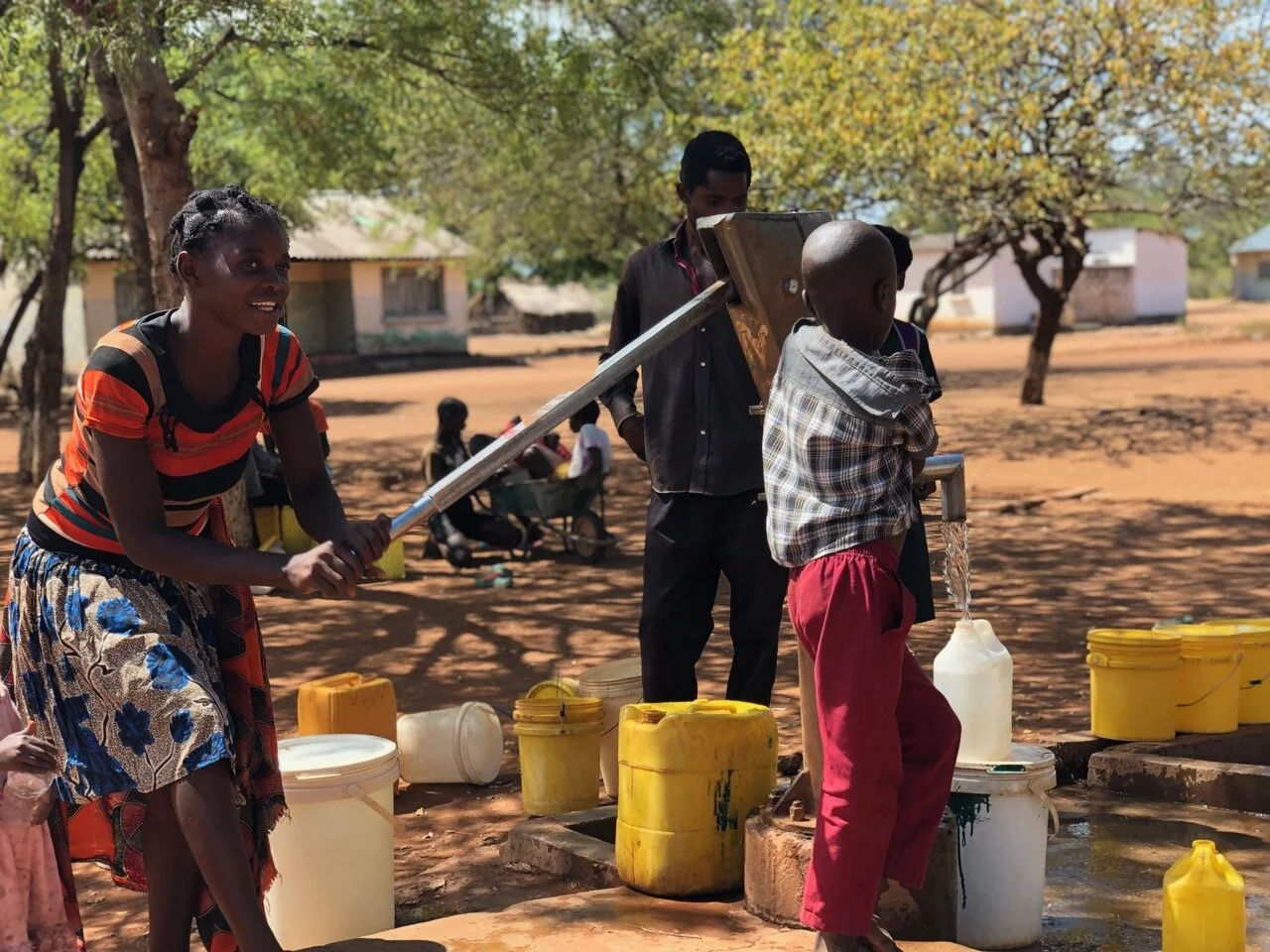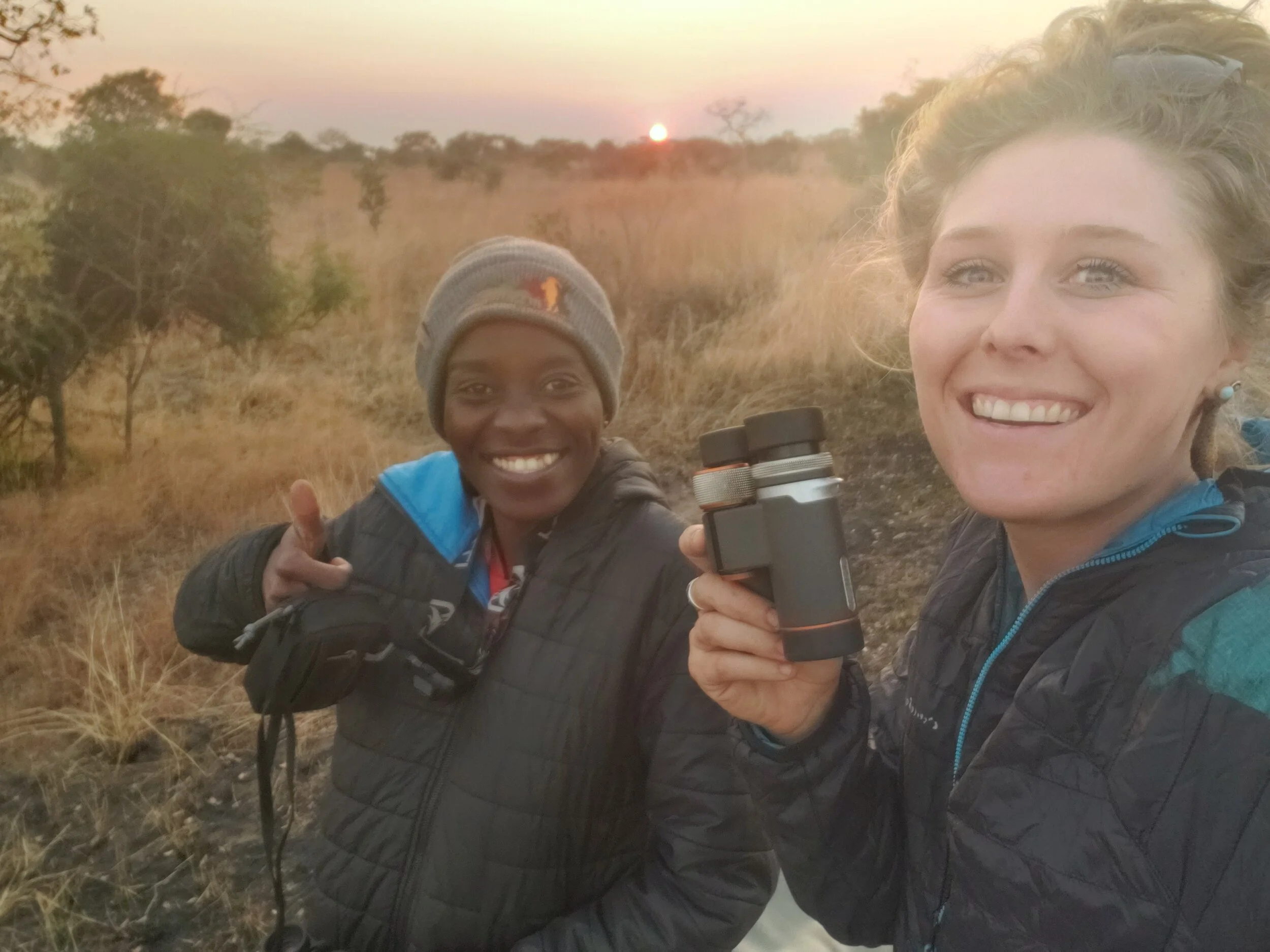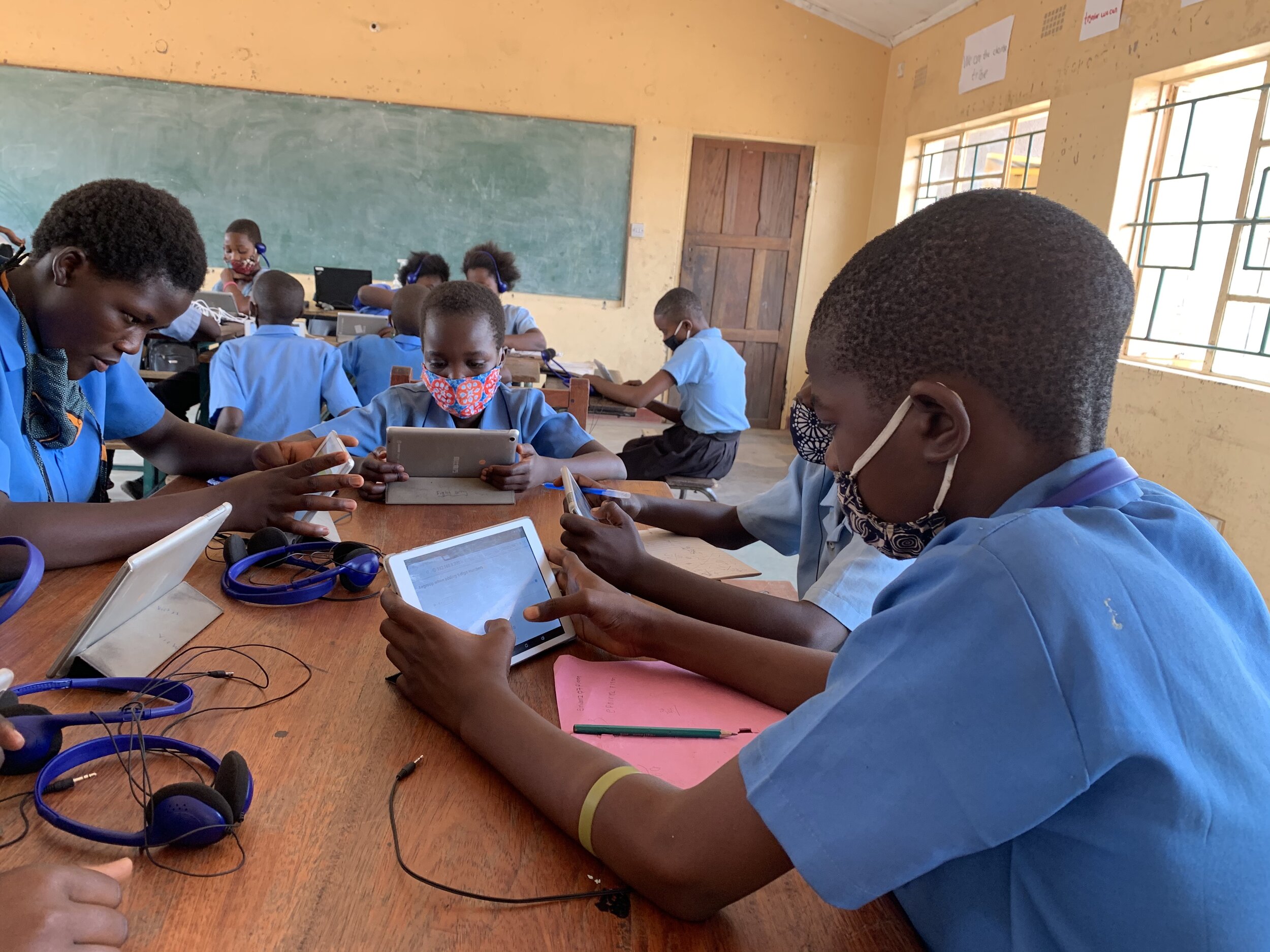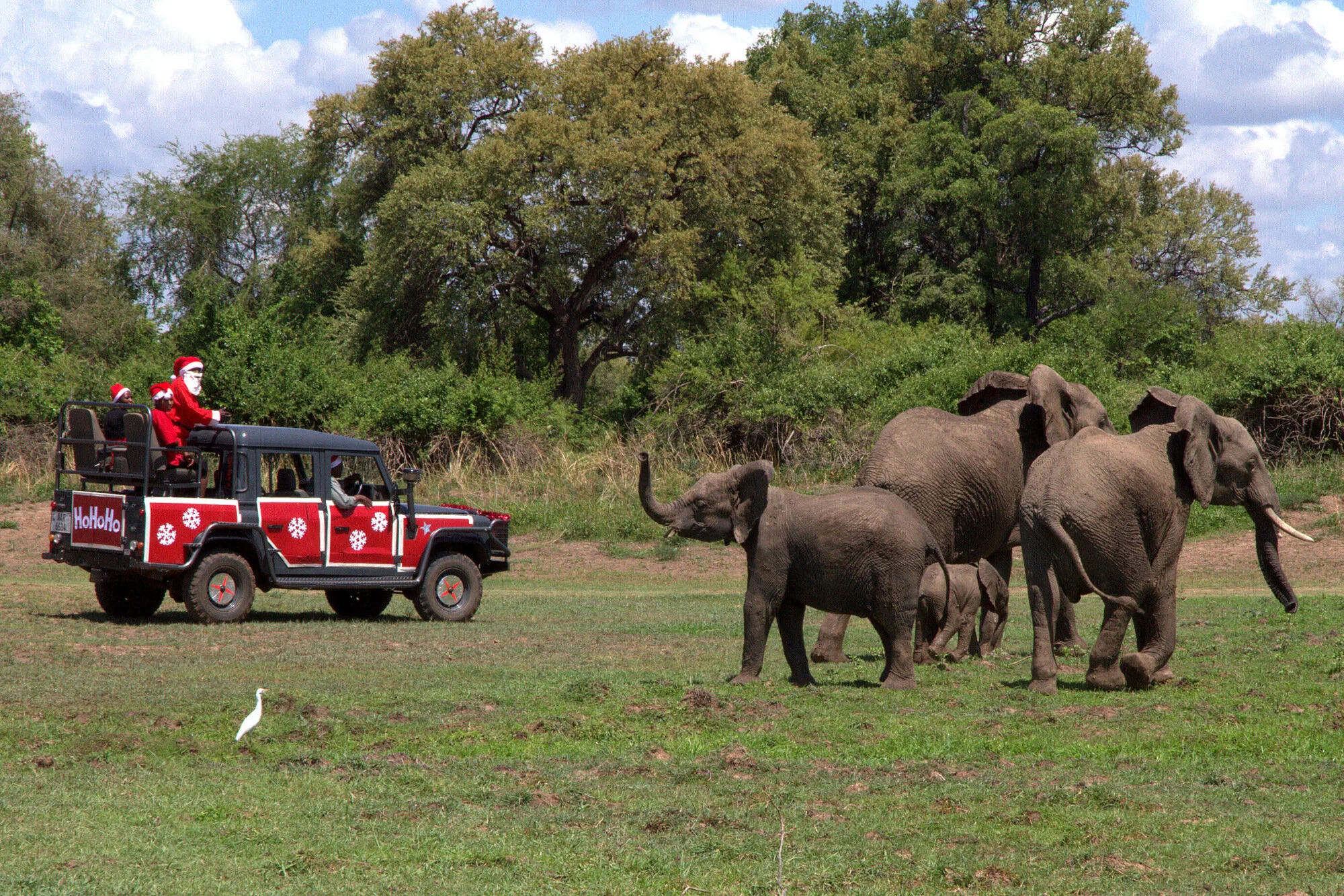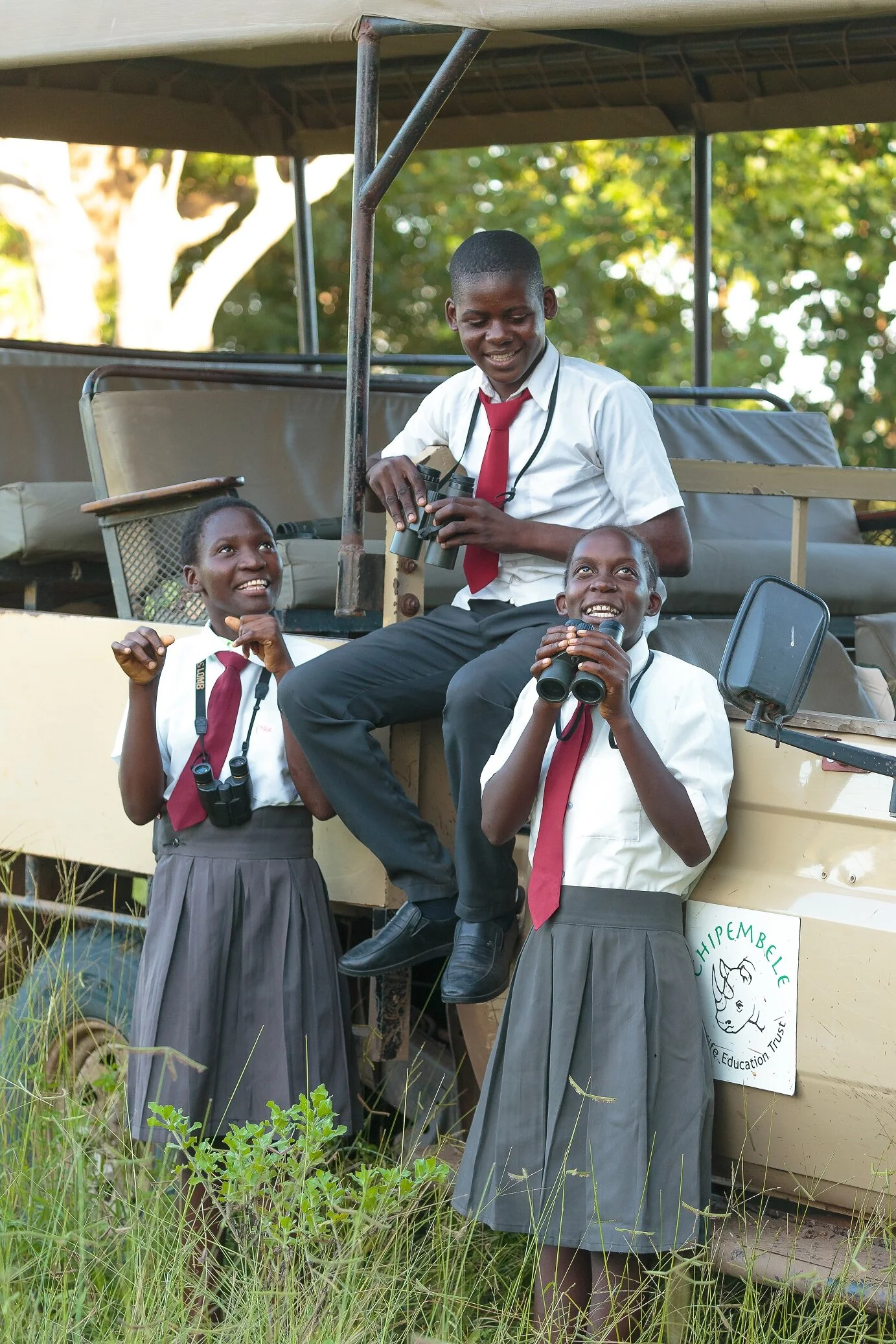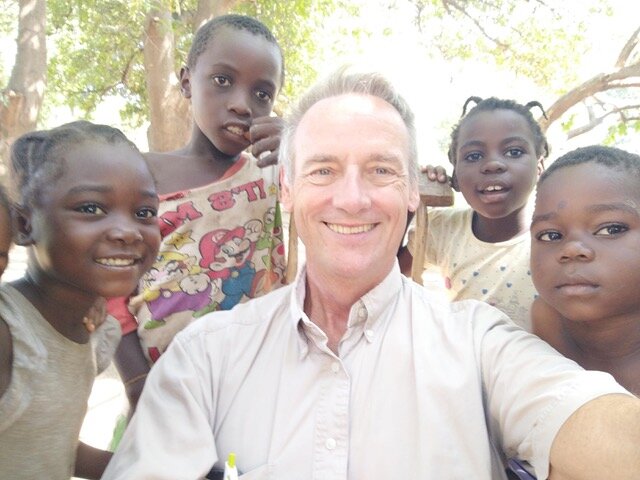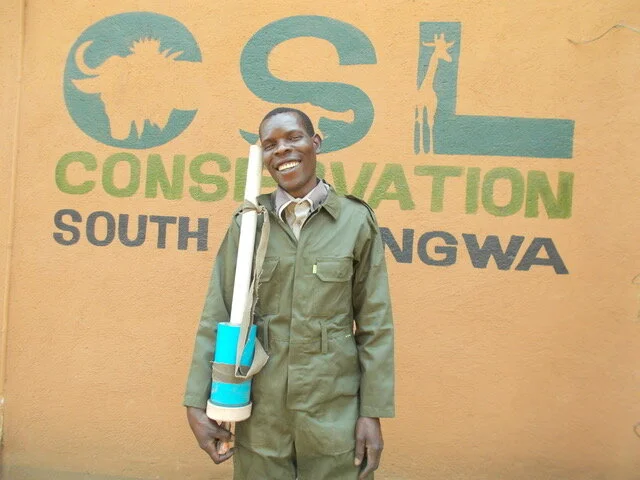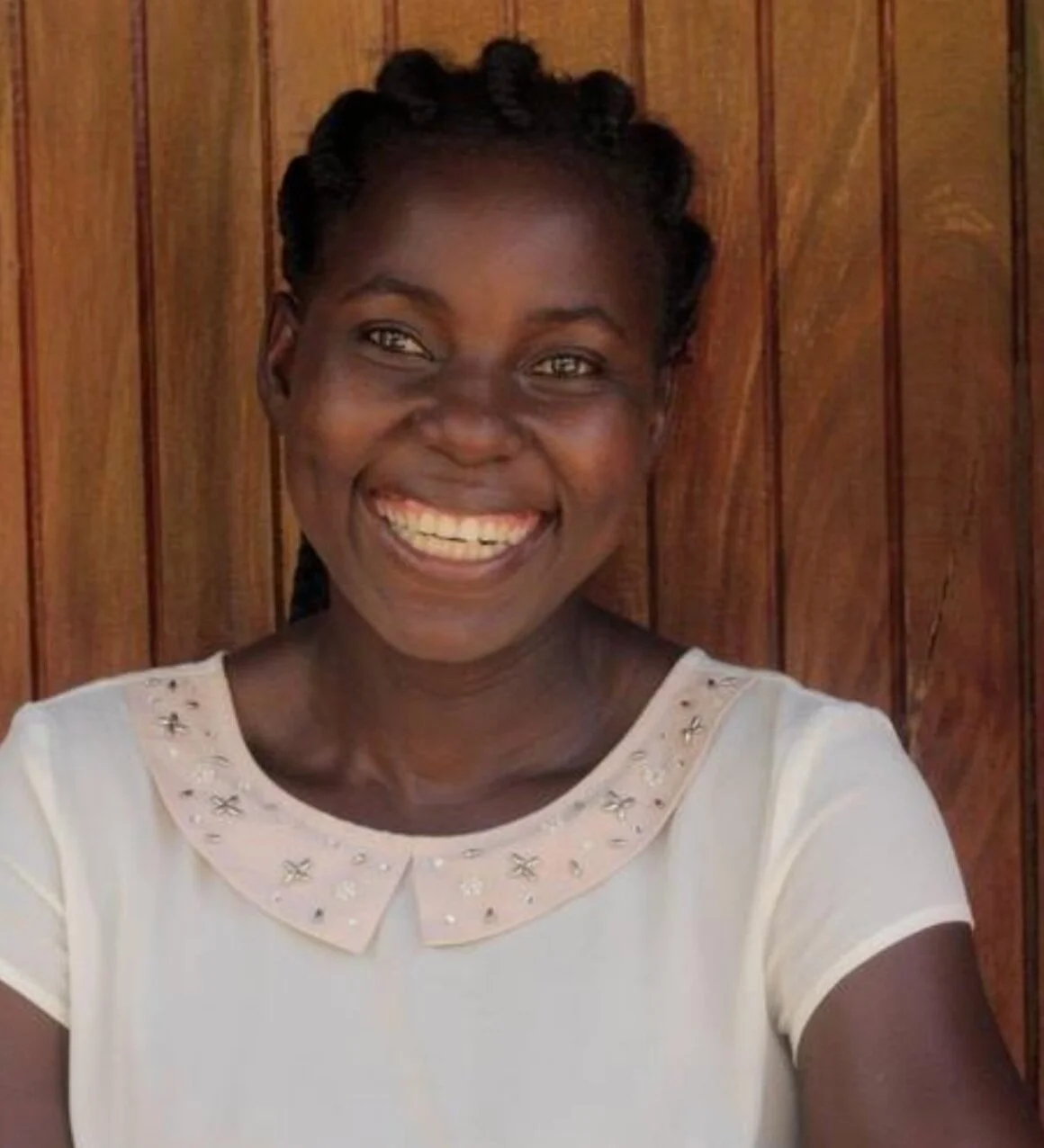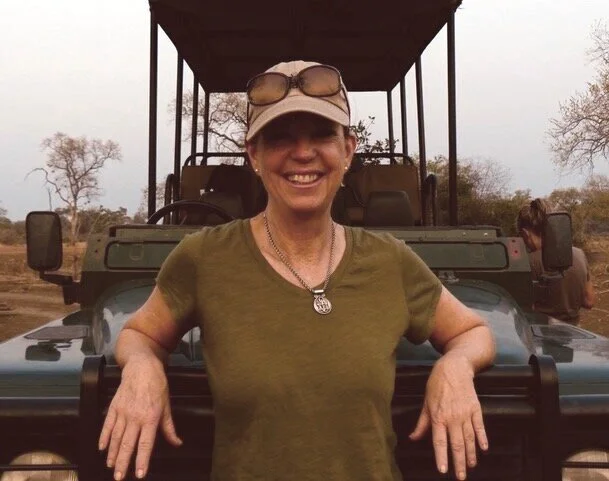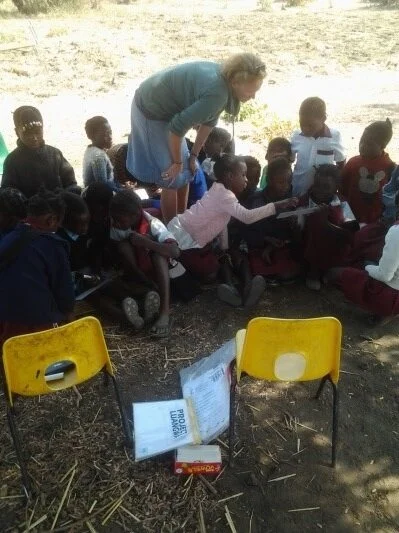One of Africa Hope Fund’s goals in supporting our friends in Zambia is to secure sponsorships for students – especially those who have a natural interest and passion for wildlife and conservation in their country.
Read MoreIn the African nation of Zambia, not every school is cared for equally. Children are educated for free until the age of 12 at government-run or community-run schools, which depend upon minimal government funding for their programs and teachers.
Read MoreDeep in southeastern Zambia is one of the most breathtaking corners of the world. Teeming with wildlife and protected from tourism, Lower Zambezi National Park is a true, unspoiled treasure in the heart of Africa.
Read MoreIn April we wrote about the opportunity to build a new library at Uyoba School in Mfuwe, Zambia, out of earth bags. Today we are excited to share that the library is just about to reach completion!
Read MoreLongtime friends and supporters of Africa Hope Fund have likely heard of Conservation South Luangwa(CSL) several times before, but not everyone knows the story behind the partnership.
Read MoreHuman-wildlife conflict is the conflict that exists between wild animals and humans. Here in Zambia, it usually happens when animals move out from the national park in search of food, which usually results in them raiding people’s fields and entering compounds. Elephants and lions are currently the major species causing conflicts.
Read MoreSince Africa Hope Fund began, one of our goals has been to support students in Zambia who want to pursue education. Through the kindness of many donors we’ve been able to sponsor schooling for children whose families can’t afford to pay for education after third grade, when it is no longer free.
Read MoreThis year’s group of Africa Hope Fund volunteers is preparing to set off on their trip to Zambia next month, where they’ll have a once-in-a-lifetime opportunity to help in libraries and work with students in the rural village of Mfuwe in the South Luangwa Valley.
Read MoreThere’s about a month left before Africa Hope Fund’s Virtual Safari on the River, and we are so excited to host an evening of entertainment to support our conservation and education partners in Zambia!
Read MoreAfrican Hope Fund is a long-time supporter of Uyoba School in the rural area of Mfuwe, Zambia, where we collaborate with an education-focused charity called Raise a Smile.
Read MoreIn the southern region of Zambia, which includes Lower Zambezi Valley, one of the primary water sources is the Zambezi River. This river is the fourth largest in Africa and sustains a multitude of species and populations.
Read MoreIn the heart of Zambia sits Kafue National Park, the second largest national park in Africa and the largest in the nation. Here, endangered African wild dogs, cheetahs and lions roam widely alongside dozens of other animal species.
Read MoreAlaina Srivastav, a high school junior from California’s Silicon Valley, wants to change the lives of students around the globe with a free online learning platform she designed.
Read MoreLocals in the South Luangwa Valley in Zambia and those who travel to the African nation would likely all agree … Christmastime is indeed the most wonderful time of the year!
Read MoreIn the South Luangwa Valley in Africa, one of the many important organizations doing work to support wildlife conservation and local education is the Chipembele Wildlife Education Center.
Read MoreIn the rural African village of Mfuwe in the nation of Zambia, hours away from a major hospital, the Kakumbi Rural Health Center is grappling with a mental health crisis.
Read MoreAs most of our readers know, AHF supports Conservation South Luangwa (CSL) whose mission is to protect the amazing wildlife in Zambia with a focus on the endangered elephant herds of the valley. We often feature CSL’s anti-poaching patrols and efforts in these blogs. But an equally important part of CSL’s work is in the area of Human-Wildlife Conflict (HWC). This work requires persistence, creativity and the cooperation of local Zambian villagers.
Read MoreStory provided by Project Luangwa, an organization we proudly support
Leticia lights up any room she walks into, with her bubbly smile and warm personality. She works as a reading assistant at the Uyoba School and currently runs the Girls Club on campus.
The reading assistant program is vital to ensuring the kids in the South Luangwa Valley can move forward in their education and life. We know teaching young people to read and write in English will help them get secure jobs, value their heritage and the wildlife that surrounds them.
I’ve been back to South Luangwa twice since then and hope to return again. It’s not just about the stunning sunsets and lovely sunrises, or the wonderful dedicated people working to protect precious wildlife, or the beautiful children so eager to learn, or the experience of being with the animals in their natural habitat up close and personal. Of course, it’s all of those things.
Read MoreMy daughter Lindsey and I stayed at Marula Lodge in Mfuwe Village, Zambia, in July when we volunteered to tutor students in reading at Uyoba School. The lodge is named for the Marula tree, which is indigenous to the Luangwa Valley woodlands, where giraffes, zebras, and antelope graze, and where for centuries plant-eating, native rhinoceroses thrived before poaching made them extinct. Every night elephants and hippos come through the grounds to forage at Marula. Elephants also eat the bark, branches, and fruits of the marula tree, yanking off huge branches. Sometimes the grounds are a bit…
Read More
